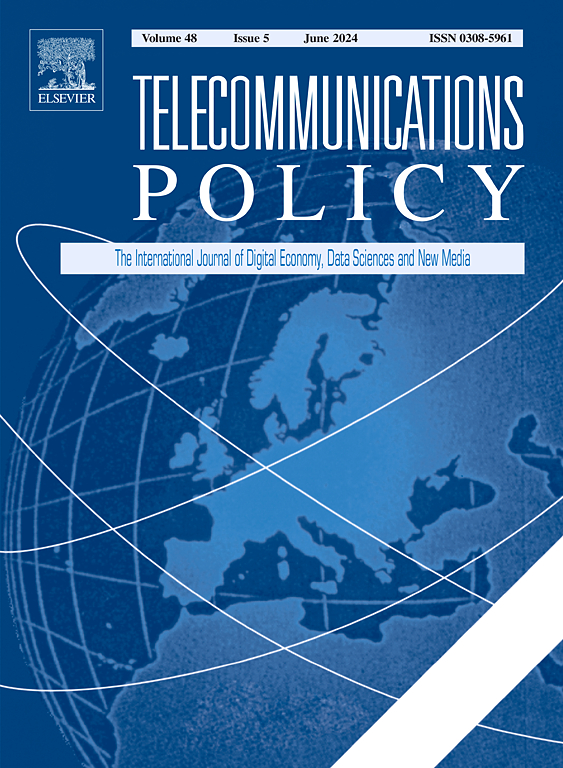从脆弱性到复原力:台湾半导体产业与地缘政治挑战
IF 6.4
2区 管理学
Q1 COMMUNICATION
引用次数: 0
摘要
全球半导体供应链面临前所未有的风险,因为台湾在供应链中的先进芯片制造中发挥着关键作用,台湾海峡的地缘政治紧张局势日益升级。在目前的研究中,我们采用桌面练习和情景分析方法,并确定如果中国试图控制台湾,它最有可能采用隔离方法。我们评估了台湾半导体生态系统的准备情况,特别关注台湾半导体制造公司的准备情况,以应对隔离情况。我们的分析显示,台湾的供应链将特别容易受到2027年之前开始的隔离措施的影响。在解决这一脆弱性方面,高昂的搬迁成本、培训熟练工人的挑战以及有限的天然气储量使得多样化或储存策略在短期内不切实际。相反,我们建议采用“三位一体”跨平台模式,即美国及其盟国实施威慑和沟通措施,以减少中国在短期内被隔离的可能性。这些多边和小型平台可能是将地缘政治风险评估纳入其议程并解决供应链风险的理想选择。对于长期挑战,这种跨平台模式可以补充多样化和储备等战略,巩固全球南南合作的弹性。本文章由计算机程序翻译,如有差异,请以英文原文为准。
From vulnerabilities to resilience: Taiwan's semiconductor industry and geopolitical challenges
The global semiconductor supply chain faces unprecedented risks because Taiwan plays a critical role in advanced chip manufacturing within this supply chain and geopolitical tensions in the Taiwan Strait have increasingly escalated. In the current study, we applied the tabletop exercise and scenario analysis methods and determined that if China were to attempt to take control of Taiwan, it would most likely employ a quarantine method.
We assessed the preparedness of Taiwan's semiconductor ecosystem, with a particular focus on the preparedness of the Taiwan Semiconductor Manufacturing Company, to respond to a quarantine scenario. Our analysis revealed that Taiwan's supply chain would be particularly vulnerable to a quarantine initiated before 2027. In terms of addressing this vulnerability, high relocation costs, challenges in training skilled workers, and limited natural gas reserves render diversification or stockpiling strategies impractical in the short term.
Instead, we propose the “triad” cross-platform model in which the United States and its allies implement deterrence and communication measures to reduce the likelihood of a Chinese quarantine in the short term. These multilateral and minilateral platforms could be ideal for incorporating geopolitical risk assessments into their agenda and addressing the risks in the supply chain. For long-term challenges, this cross-platform model could supplement strategies like diversification and stockpiling, consolidating resilience in global SSC.
求助全文
通过发布文献求助,成功后即可免费获取论文全文。
去求助
来源期刊

Telecommunications Policy
工程技术-电信学
CiteScore
10.80
自引率
12.50%
发文量
122
审稿时长
38 days
期刊介绍:
Telecommunications Policy is concerned with the impact of digitalization in the economy and society. The journal is multidisciplinary, encompassing conceptual, theoretical and empirical studies, quantitative as well as qualitative. The scope includes policy, regulation, and governance; big data, artificial intelligence and data science; new and traditional sectors encompassing new media and the platform economy; management, entrepreneurship, innovation and use. Contributions may explore these topics at national, regional and international levels, including issues confronting both developed and developing countries. The papers accepted by the journal meet high standards of analytical rigor and policy relevance.
 求助内容:
求助内容: 应助结果提醒方式:
应助结果提醒方式:


